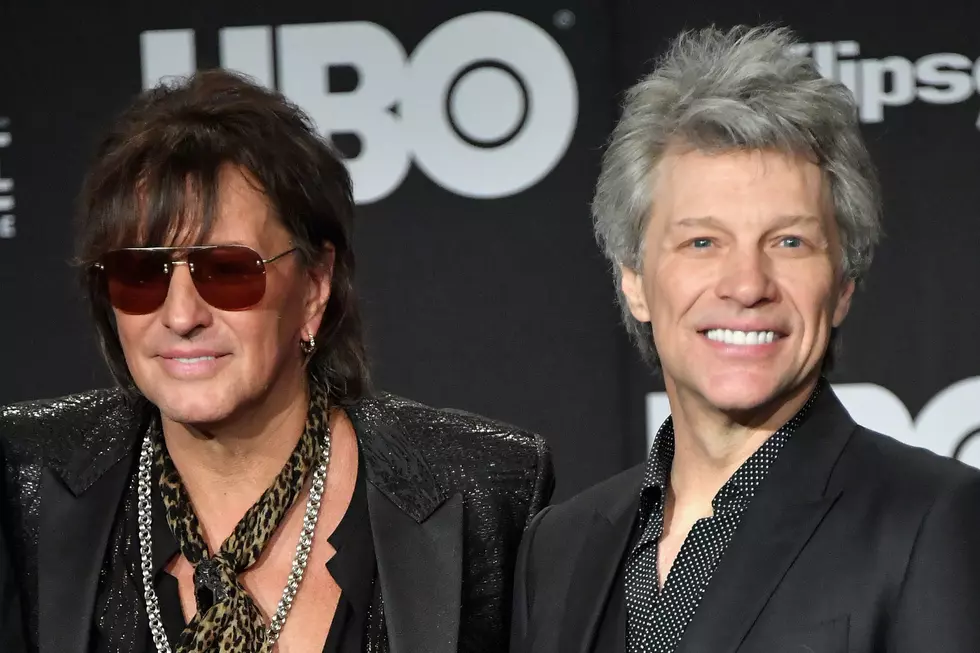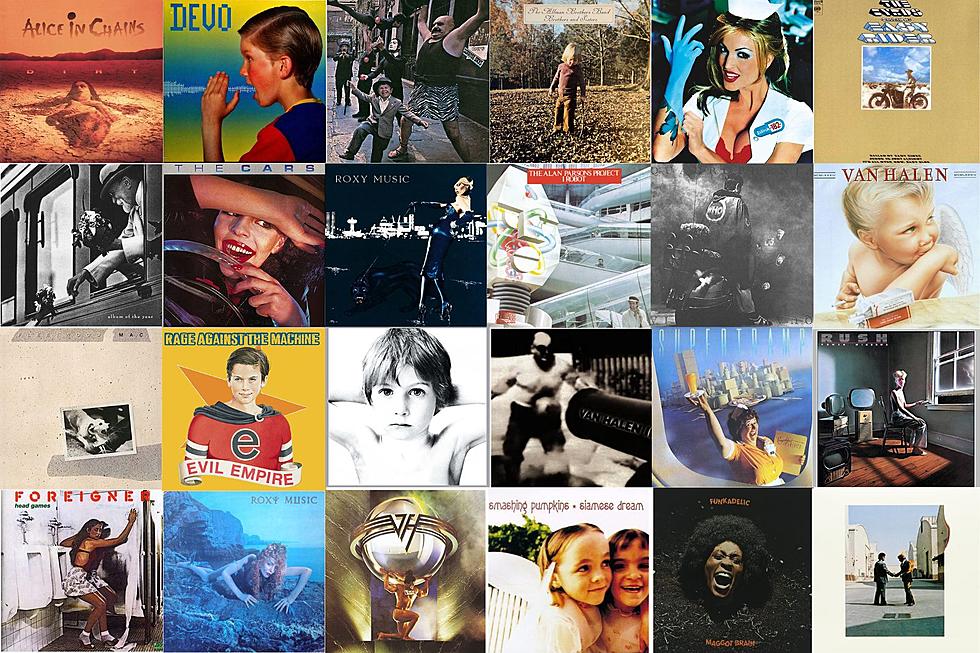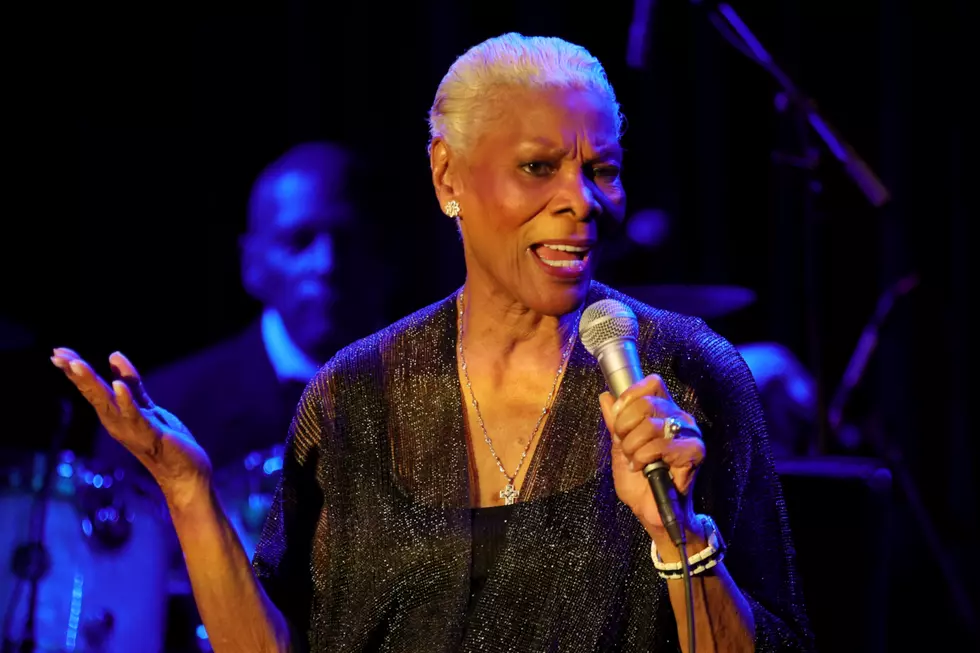
30 Years Ago: Pearl Jam Gets Angry and Defiant on ‘Vs.’
Selling millions of records has helped more than a few artists mellow out, but watching their debut album climb the charts only made Pearl Jam angrier. They took out their aggression on the follow-up.
Released on Oct. 19, 1993, Vs. found the band – who were already in a pretty dark spot on their first release, 1991's Ten – reacting to their new-found celebrity by unleashing a torrent of dark chords, crashing drums, howling guitar solos, and anguished vocals that sounded even rawer than what came before.
Like Nirvana's In Utero, which arrived in stores just a few weeks before Vs., it served as a defiant rejoinder to a record industry eager to capitalize on the band's first flush of success. Also like Nirvana, Pearl Jam quickly discovered that their efforts to dodge the mainstream only brought the mainstream to its door.
READ MORE: The Best Song From Every Pearl Jam Album
For drummer Dave Abbruzzese, who joined the group following Ten, the stressful vibe surrounding the Vs. sessions came as something of a surprise.
"To me, when I was younger and I heard about a band selling a million records, I thought the band would get together and jump up and down for at least a minute," Abbruzzese told Rolling Stone in 1993, with a chuckle. "There's a lot of intensity over decisions, and I think it's great. But every once in a while, I wish everyone would just let it go. Make a bad decision!"
The process was perhaps most painful for singer Eddie Vedder, who found it difficult to maintain perspective – especially when the band set up shop in an idyllic Northern California studio whose peaceful vibe put him at odds with the intensity he was trying to tap into with the new songs.
"There was a lot more pressure on Ed," bassist Jeff Ament admitted in a later interview with Spin. "I thought we were playing so well as a band that it would take care of itself. Toward the end it got fairly intense. He was having a hard time finishing up the songs; the pressure, and not being comfortable being in such a nice place. We tried to make it as uncomfortable for him as we could."
Listen to Pearl Jam's 'Go'
'Vs.' Becomes Pearl Jam's First No. 1 LP
Whatever they did, it worked; whether or not the Vs. sessions were any fun for the guys in the band, the music that resulted cemented their status as one of the biggest young rock groups on the planet, expanding their audience in spite of their resolute refusal to fulfill traditional promotional obligations like filming videos for singles.
If they felt caged by fame – as Ament said regarding his cover photo of a sheep straining to get out of its pen, "we were slaves" – once Vs. hit, they must have known it was something they were simply going to have to deal with.
And Vs. did indeed hit, topping the charts in the U.S. and breaking the Top 10 in at least 10 other countries. It set a first-week sales record for the young SoundScan era, moving nearly a million copies during its first five days in stores, and earned multiple Grammy nominations. Meanwhile, even without videos to help drive airplay, no fewer than six singles ("Go," "Daughter," "Animal," "Elderly Woman Behind the Counter in a Small Town," "Dissident" and "'Glorified G") entered heavy rotation at rock radio. Like it or not, Pearl Jam were part of the big time.
Then again, even in the multi-platinum chaos of their early career, they seemed to remain aware of the long view. Pearl Jam understood that eventually, the spotlight would train its focus on other bands. At one point in that 1993 Rolling Stone article, Ament turned to Vedder and mused, "There's going to be a point where it'll revert back to the way that it was. We'll get through this whole period right now. We'll get back out there playing. We'll get back to actually being five guys who want to work it out together."
Vedder responded: "I'd really like that," and all these years later, it seems like they've finally found that place.
20 B-Sides That Became Big Hits
Gallery Credit: Nick DeRiso
Heart’s Ann Wilson Discusses the Rise of the Seattle Scene
More From Ultimate Classic Rock









